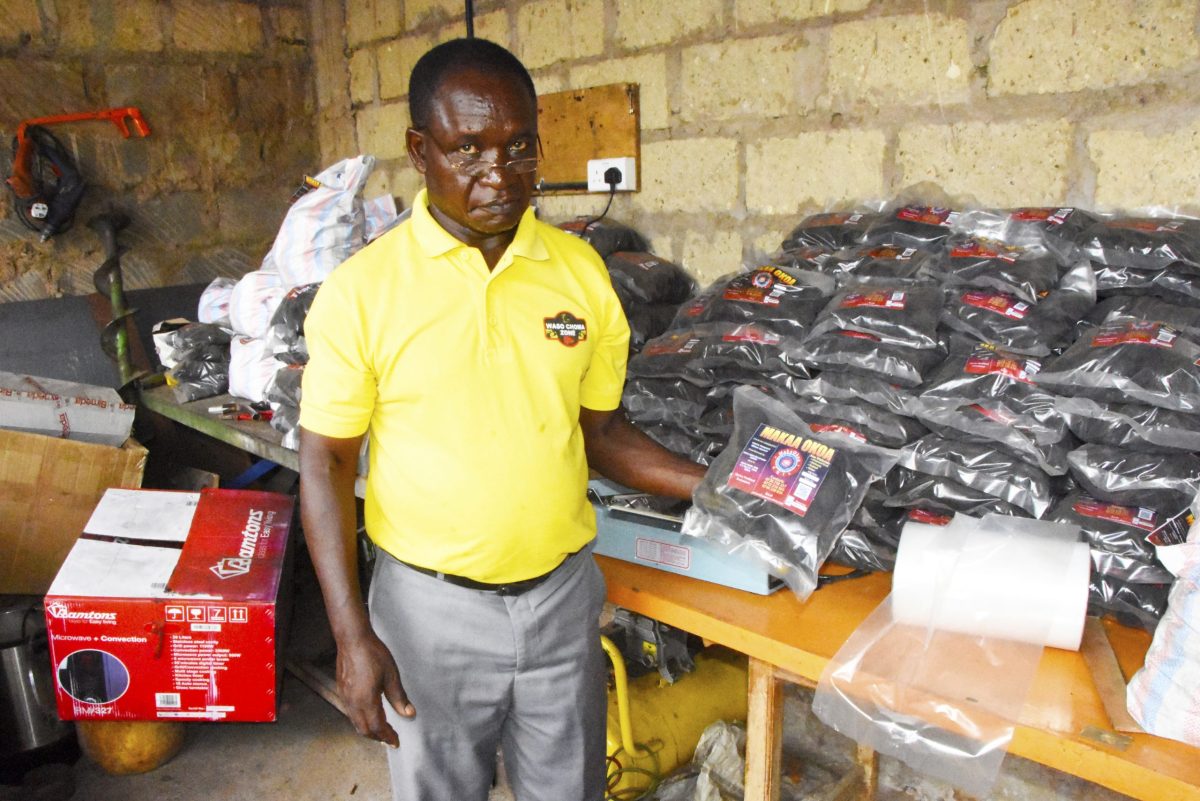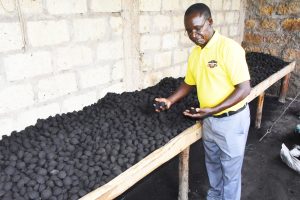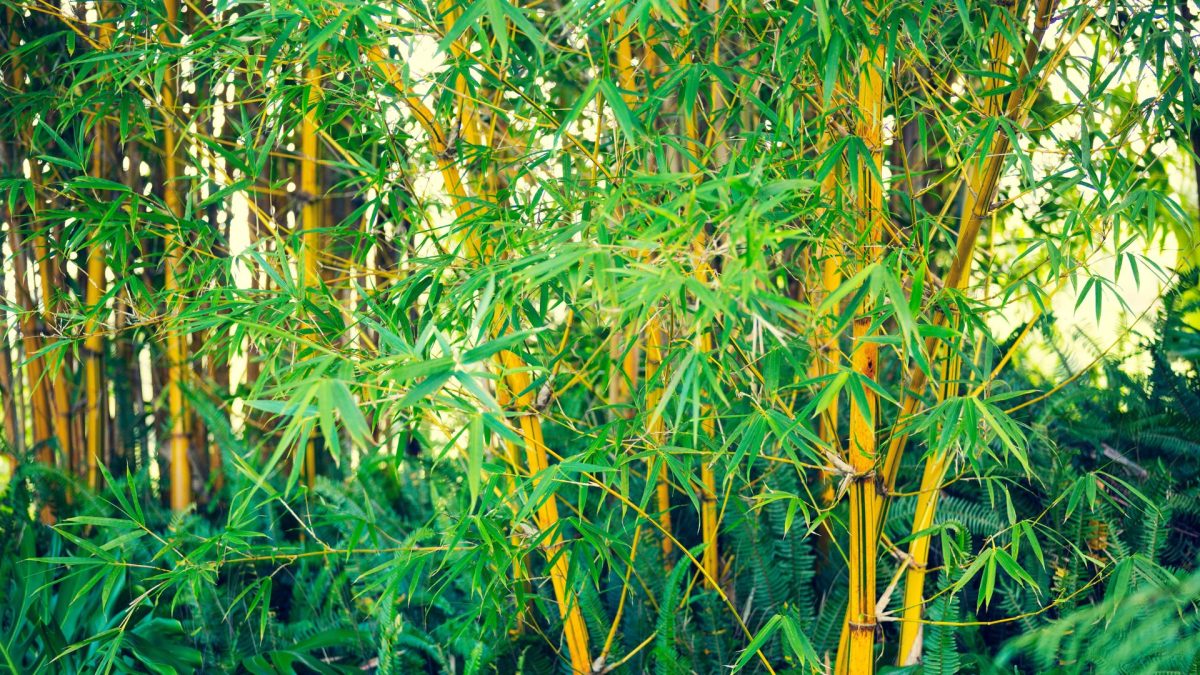Green Energy-Saving Charcoal (Briquettes) Revolutionizing Isiolo

In Isiolo County, an innovation in green energy is transforming the way people use fuel. Environmentally friendly briquettes, an alternative to conventional charcoal, are gaining popularity as a sustainable energy source.
This shift comes amid growing efforts to combat deforestation and reduce pollution in the fight against climate change.
Unlike traditional charcoal, these briquettes are smokeless and produced using natural raw materials such as Gum Arabica.
This eco-friendly initiative is the brainchild of James Macharia Karani, an environmentalist and engineer. Karani, who launched Isiolo’s first briquette-making factory, first conceived the idea in 2007 but only managed to actualize it in 2019.
Karani’s inspiration came from his experience running a nyama choma (grilled meat) business, where the rising cost of charcoal became a financial burden. Determined to find a more cost-effective and sustainable fuel source, he explored alternative energy solutions.
Despite challenges, including importing specialized machinery from China, Karani remained steadfast in his mission. In 2024, he finally procured a briquette-making machine and began manufacturing briquettes using a mixture of charcoal dust, soil, molasses, and sawdust. charcoal dust sourced from the local market at SH 200 per bag.
Initially, he mixed charcoal dust with molasses as a binder, refining the process to enhance efficiency. The production involves sieving charcoal dust, grinding it into fine powder, mixing it with binders, and compressing it into uniform briquettes using a specialized machine. Once dry, the briquettes are packaged in sizes ranging from one kilogram and up.

The briquettes retail at SH 60 per kilogram, with Karani’s journey is still evolving as he experiments with alternative raw materials, including bean cobs, maize cobs, pasture, and castor oil husks, aiming to reduce reliance on charcoal dust from the local market which is initially from trees.
The advantages of these briquettes are notable: they are smokeless, do not emit sparks, burn longer in a jiko (stove), and produce minimal dust. Karani proudly states that the product is certified and readily available in the market.
However, while Karani’s innovation brings hope, local traders like Joyce Karimi, who relies on traditional charcoal sales, express concerns over dwindling supply. She urges the government to facilitate training programs and financial support to help traders transition to alternative businesses and curb deforestation.
Karimi and others also advocate for the release of carbon credit funds and broader awareness campaigns on green energy alternatives to discourage tree cutting.
National Environment Management Authority (NEMA)chief officer Barnabas Esunyen has lauded the briquette-making initiative as a significant step toward environmental conservation. “This concept has been successfully implemented in other counties, and its introduction in Isiolo will help mitigate climate change challenges while benefiting residents,” he said.
As Isiolo embraces this sustainable energy alternative, the potential for economic empowerment and environmental preservation is immense. Karani’s pioneering efforts pave the way for a cleaner, greener future, demonstrating that innovation and sustainability can go hand in hand.





